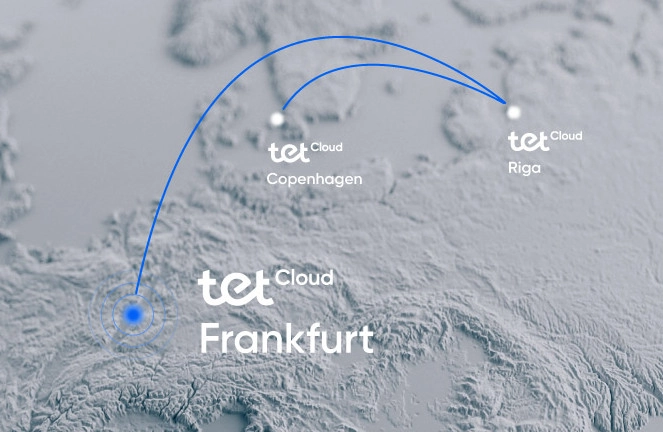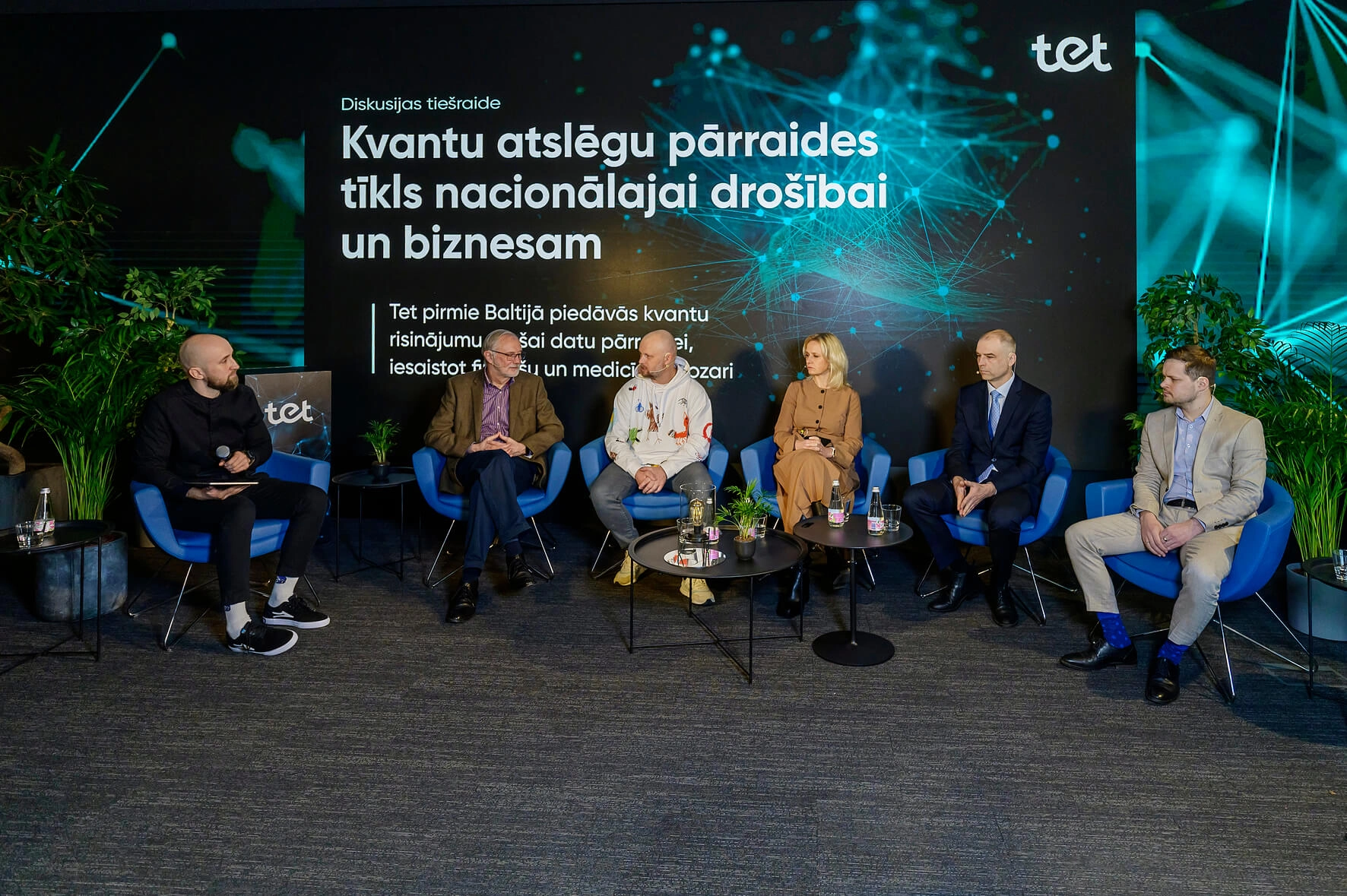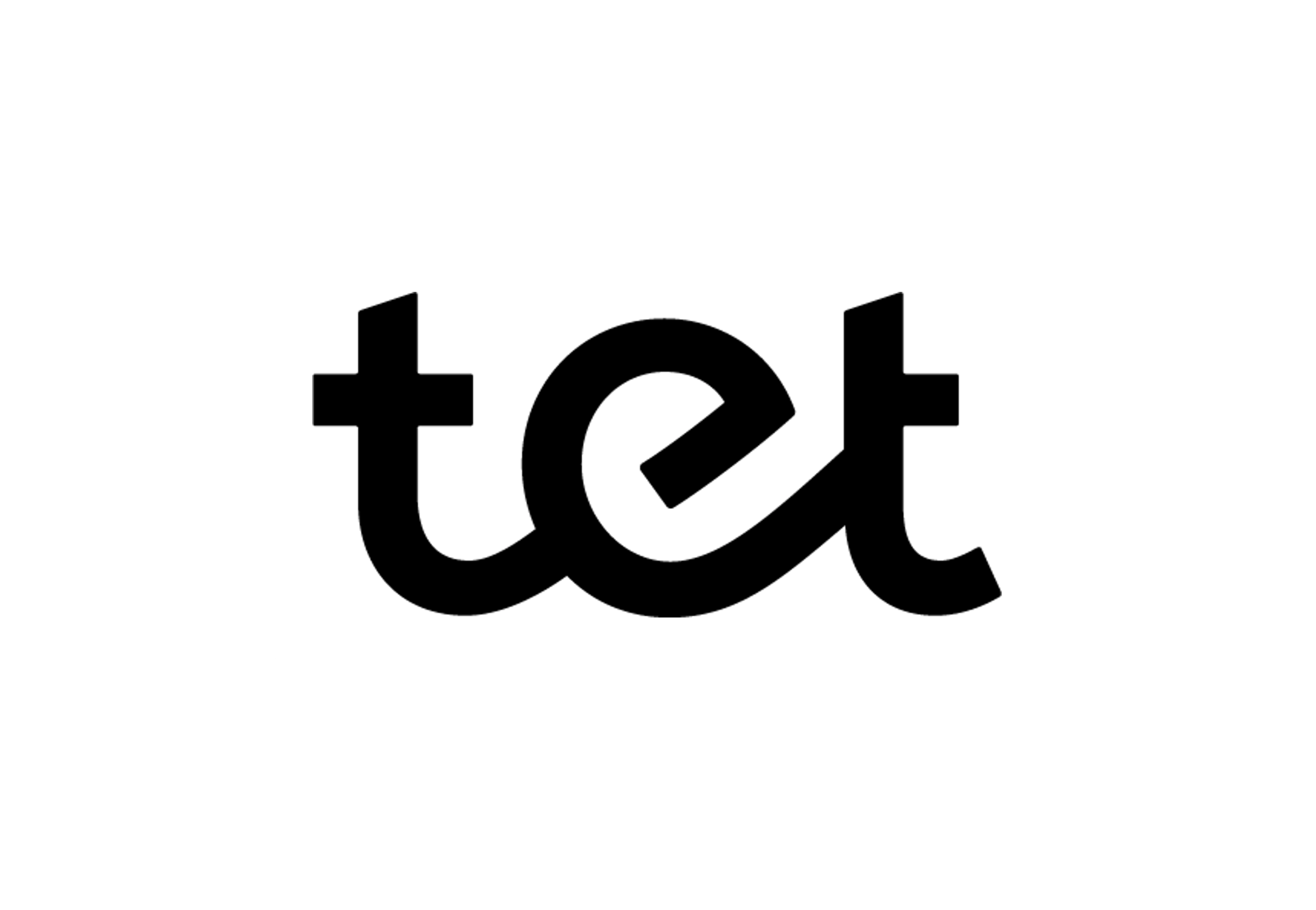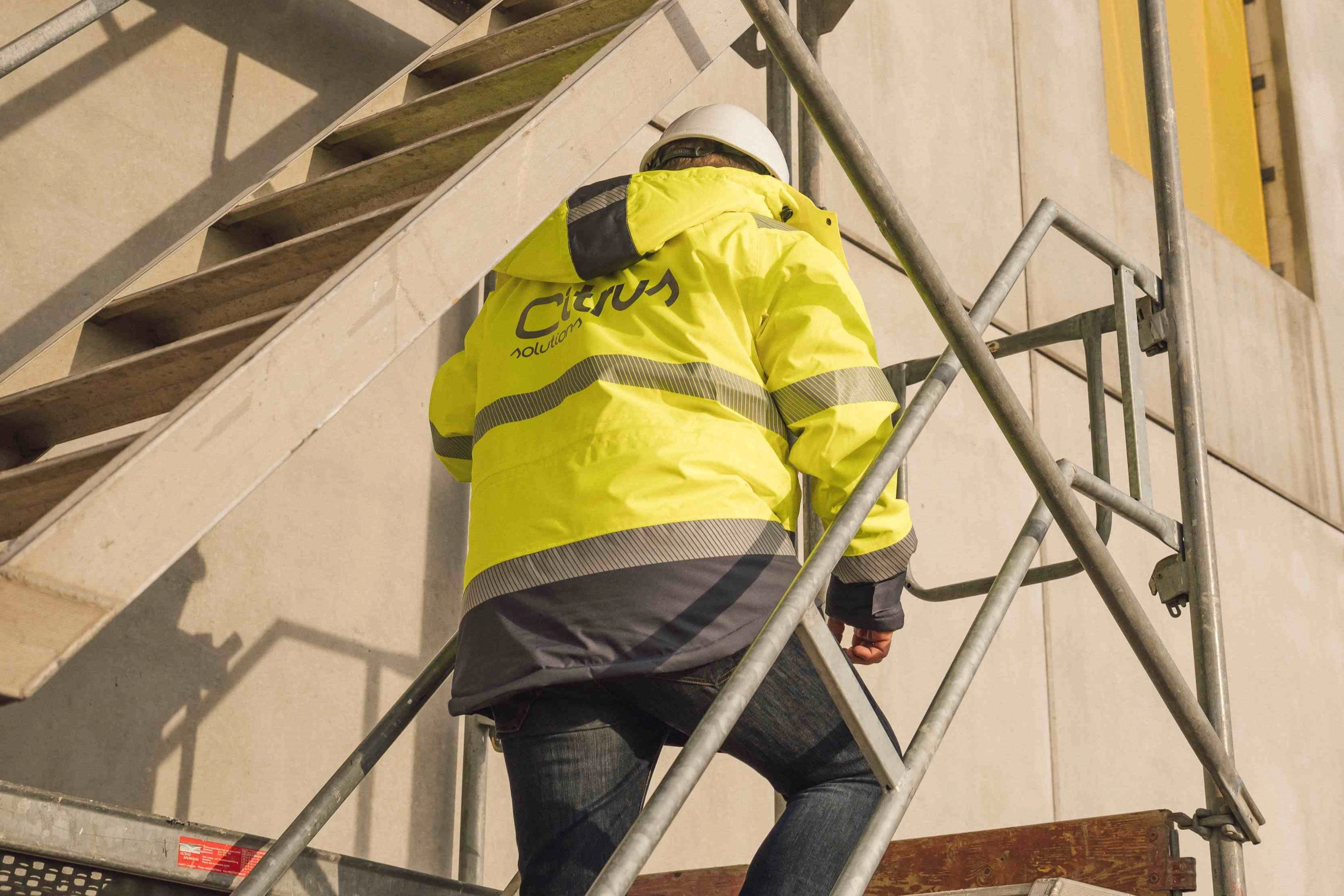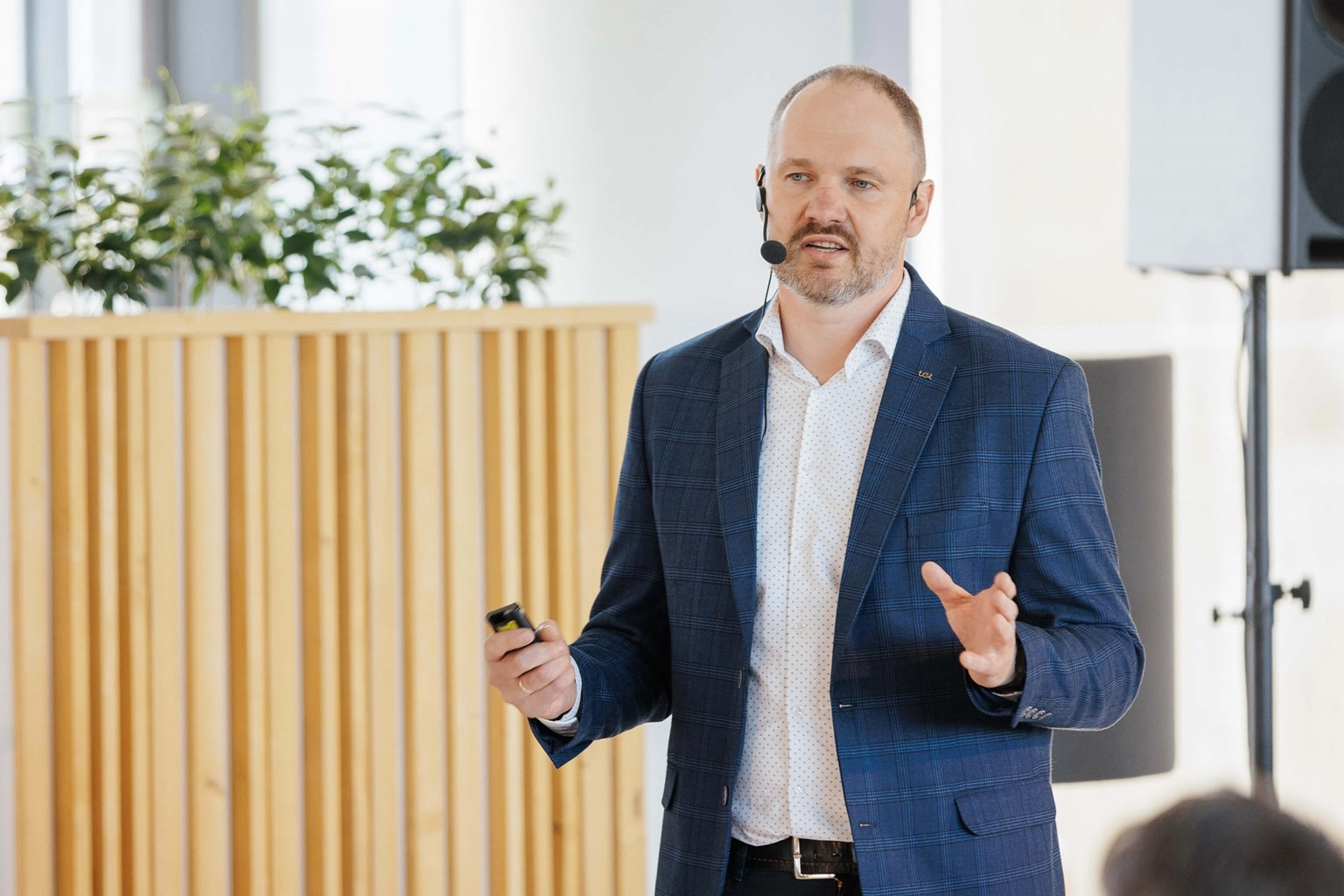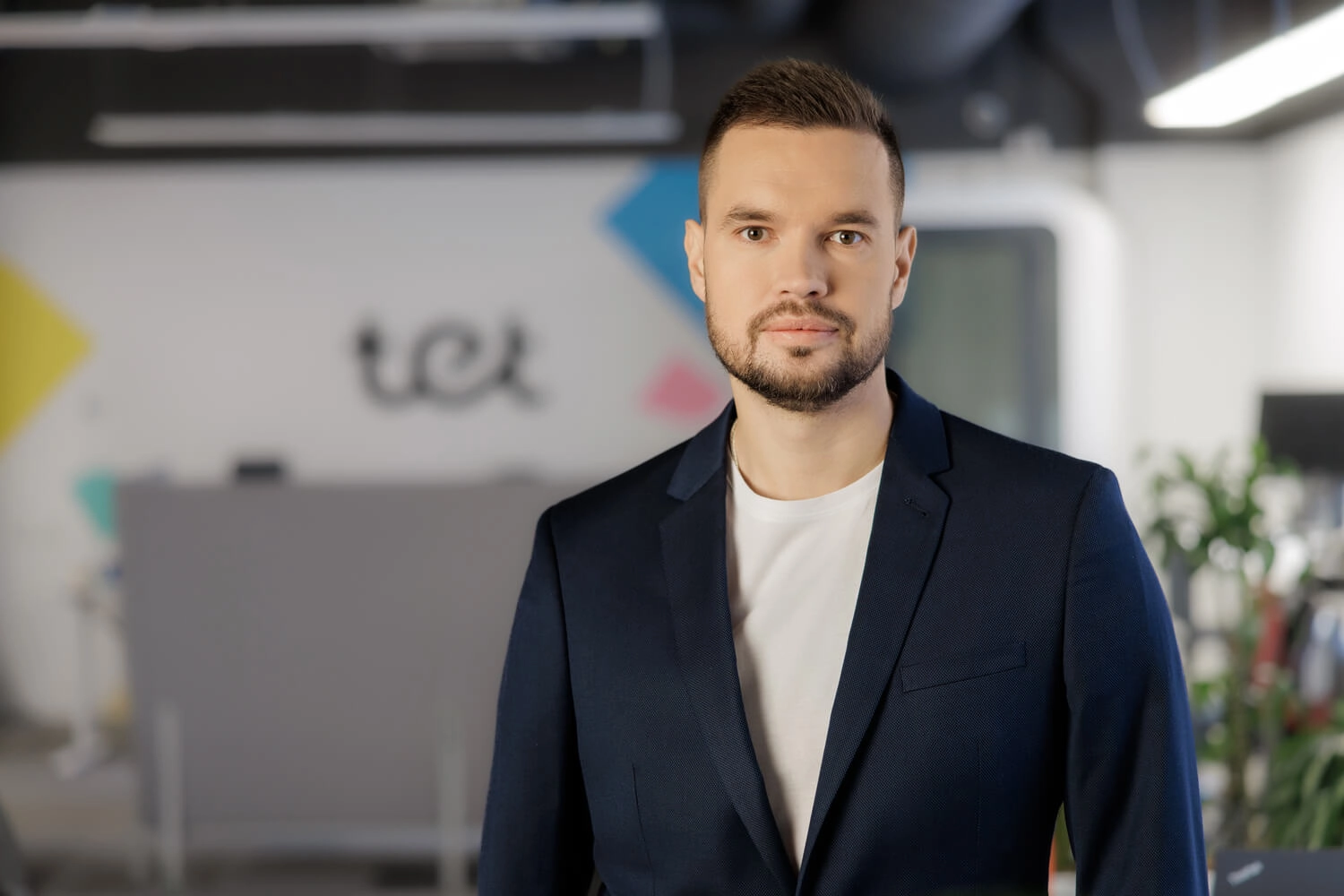Vēlaties uzzināt vairāk? Sazinieties ar mums!
67177177
67177177
67177177
Vai atstājiet savu kontakttālruni un mēs jums piezvanīsim!
Vai atstājiet savu kontakttālruni un mēs jums piezvanīsim!
Jūsu kontakttālrunis ir saņemts
Jūsu kontakttālrunis ir saņemts
Jūsu kontakttālrunis ir saņemts
Tuvākajā laikā ar Jums sazināsies operators, lai sniegtu konsultāciju.
Tuvākajā laikā ar Jums sazināsies operators, lai sniegtu konsultāciju.
Pakalpojumi
Jaunie Tet pakalpojumi
Tīkla vairogs
Kiberdrošības rīks jūsu darbinieku un klientu aizsardzībai
pret krāpniecisku un nevēlamu saturu internetā.
Mūsu klienti










Ar Tet Bizness rītdiena ir drošībā
Neatlaidība strādāt un mērķtiecība attīstīt mūsu produktus, radot inovatīvus risinājumus, kas jums ļauj saņemt ātrus, stabilus un drošus pakalpojumus.

24/7 tehniskais atbalsts un ekspertu konsultācijas.

Viens uzticams partneris visām biznesa IT vajadzībām.

Jūsu datu un IT resursu drošība mums vienmēr ir pirmajā vietā.

Viss sarežģītais kļūst vienkāršs - par tehniskām lietām jums vairs nav jādomā.

24/7 tehniskais atbalsts un ekspertu konsultācijas.

Viens uzticams partneris visām biznesa IT vajadzībām.

Jūsu datu un IT resursu drošība mums vienmēr ir pirmajā vietā.

Viss sarežģītais kļūst vienkāršs - par tehniskām lietām jums vairs nav jādomā.

Vēlaties uzzināt vairāk? Sazinieties ar mums!
Vēlaties uzzināt vairāk? Sazinieties ar mums!
Vēlaties uzzināt vairāk? Sazinieties ar mums!
67177177
67177177
67177177
Vai atstājiet savu kontakttālruni, un mēs ar jums sazināsimies.
Vai atstājiet savu kontakttālruni, un mēs ar jums sazināsimies.
Jūsu kontakttālrunis ir saņemts
Jūsu kontakttālrunis ir saņemts
Jūsu kontakttālrunis ir saņemts
Tuvākajā laikā ar jums sazināsies operators, lai sniegtu konsultāciju.
Tuvākajā laikā ar jums sazināsies operators, lai sniegtu konsultāciju.

